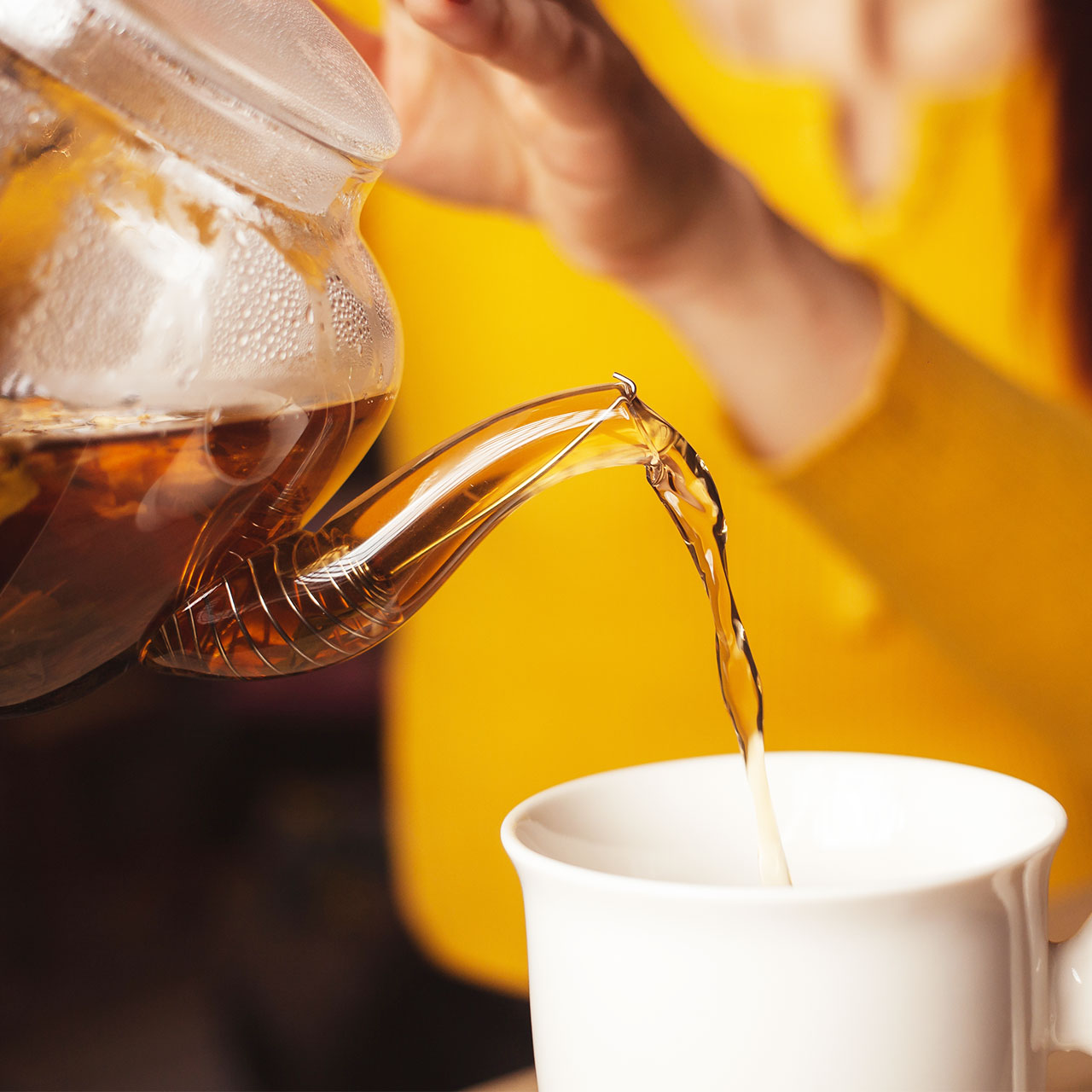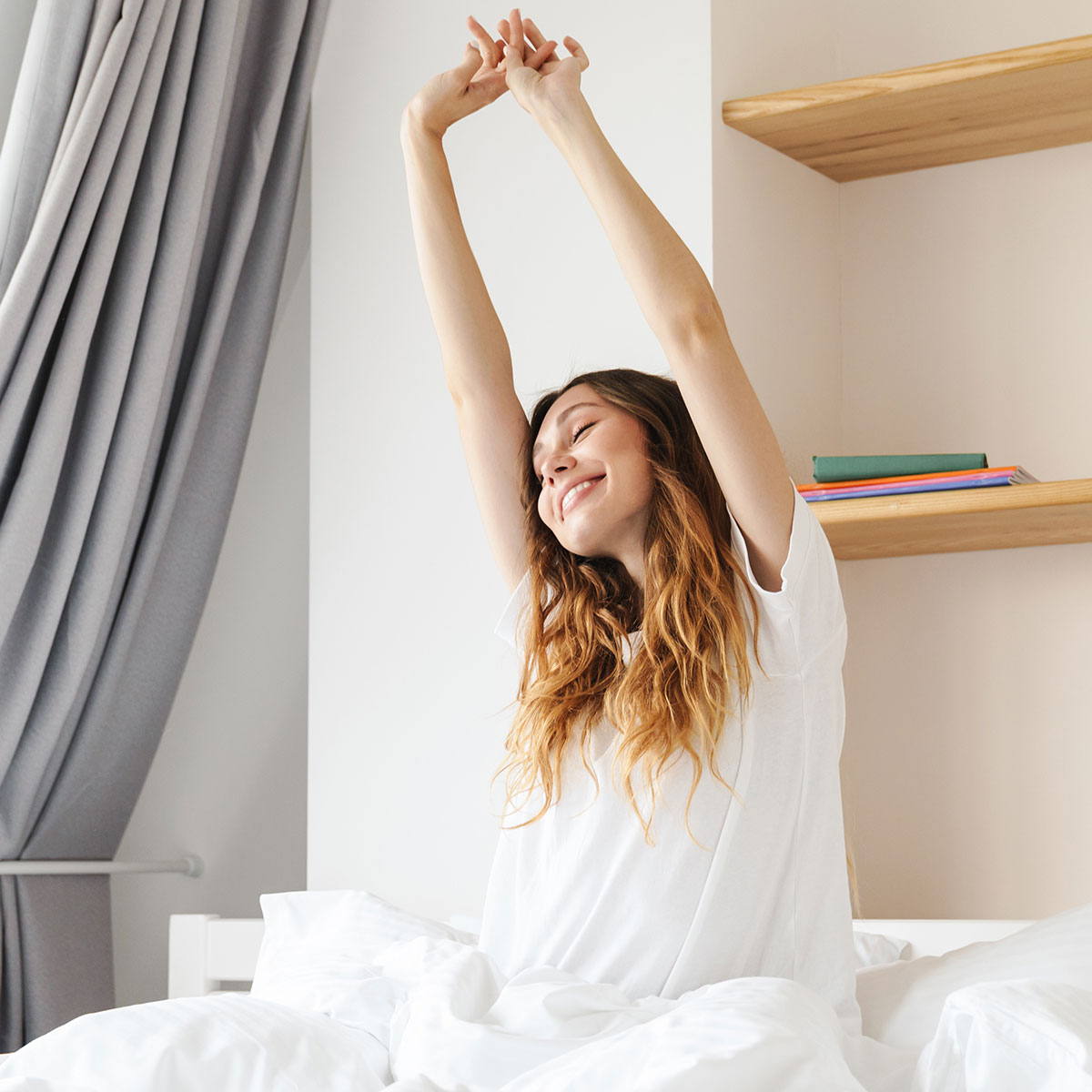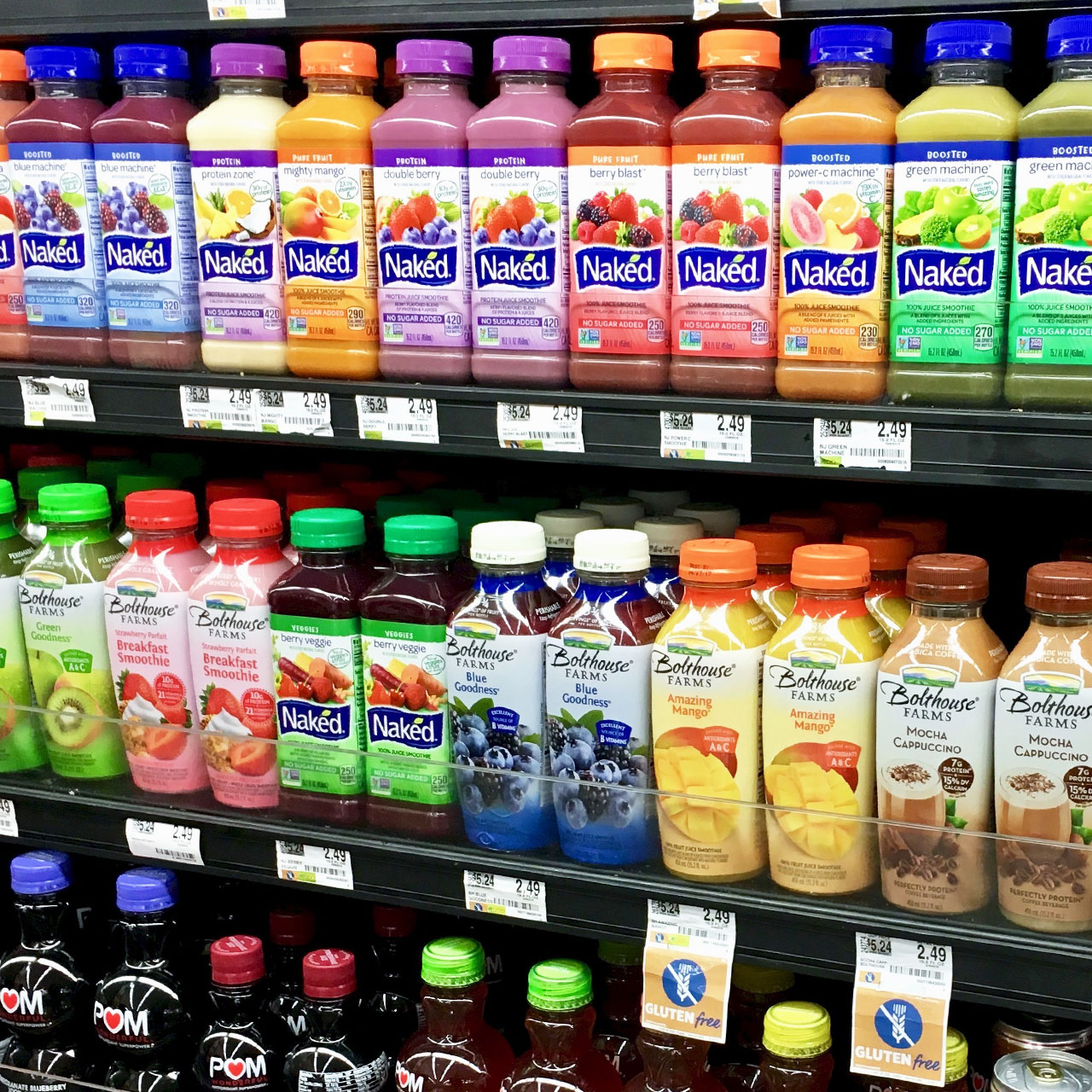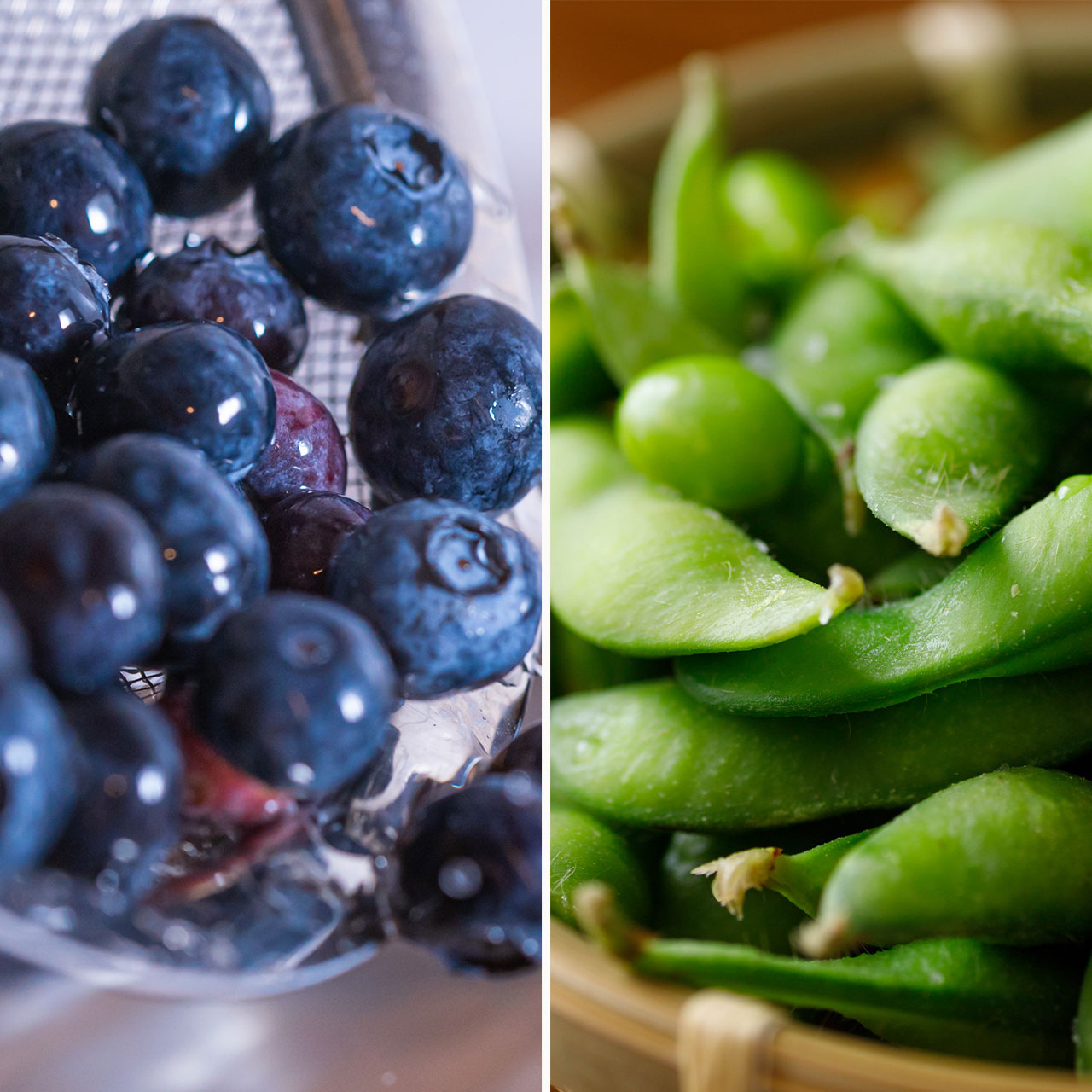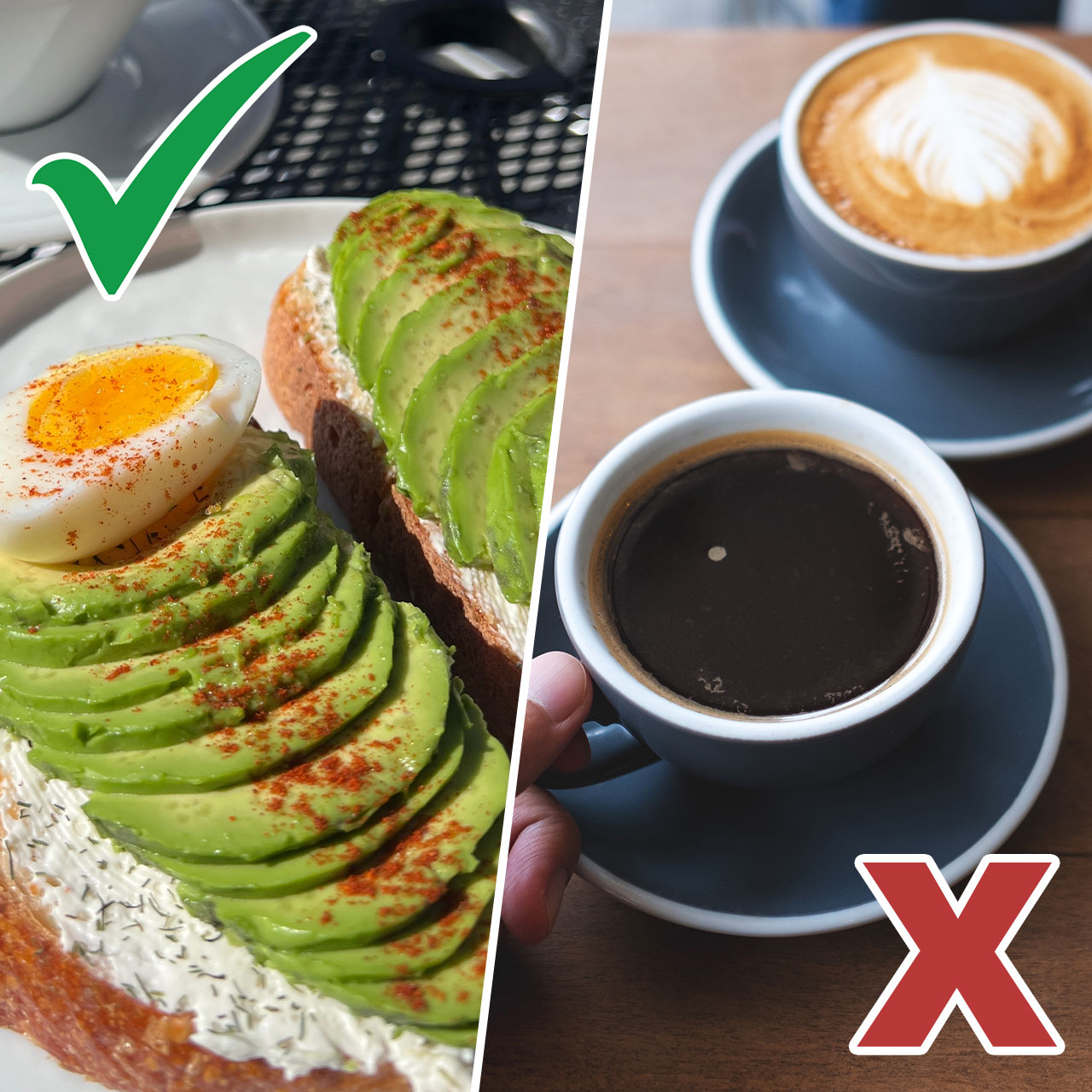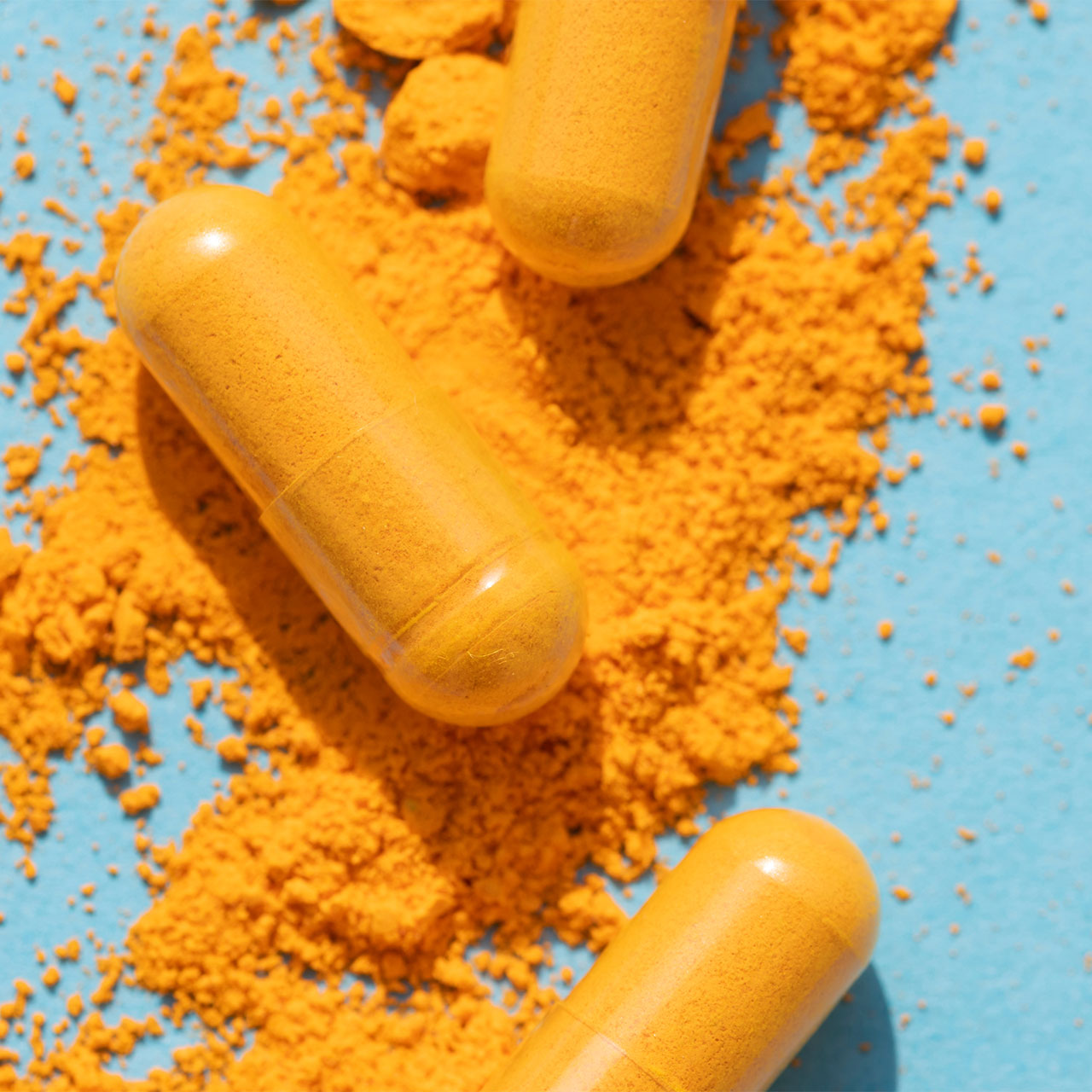This post has been updated since its initial publish date to include more expert insight.
Nothing beats the feeling of lying down in bed after a long and tiring day. It’s pretty safe to say that we all look forward to getting a good night’s sleep as soon as we finish our days. And, while sleep can come naturally to some people, there are those who unfortunately find falling asleep somewhat of a struggle.
If you find yourself in this situation, you are definitely not alone. According to the Cleveland Clinic, bout 1 in 3 adults worldwide suffer from insomnia symptoms, and about 10% of adults meet the criteria for insomnia disorder. It can be incredibly helpful to get into a nighttime routine with habits that’ll help you fall asleep faster. Staying away from phone screens and avoiding caffeine are just some examples. In fact, another remedy you can try is taking sleep supplements. So with that in mind, what supplements exactly can help you fall asleep faster, are natural, cheaper, and, of course, safe?
We checked in with Dr. Jeff Gladd, M.D., chief medical officer at Fullscript, and Lisa Richards, nutritionist and creator of The Candida Diet, to find out. They told us that combining Gamma-aminobutyric Acid (GABA) and L-theanine can be useful for a better night’s sleep. Read on for more info—including why you may want to choose these supplements over melatonin.

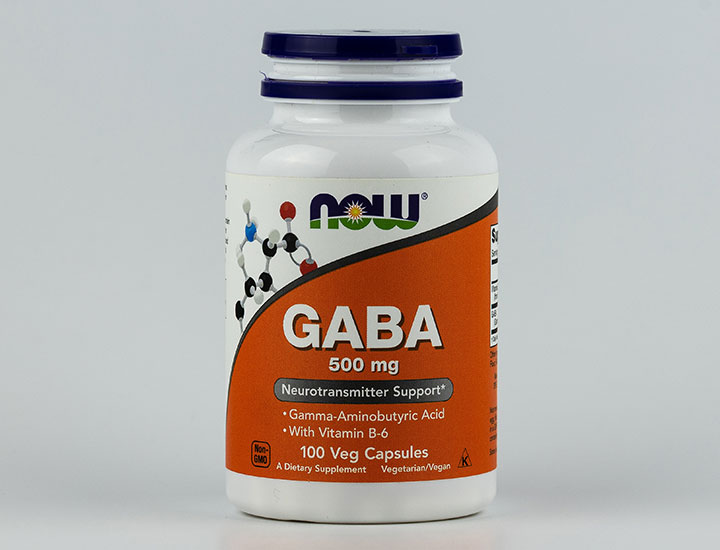
Combining Gamma-aminobutyric Acid (GABA) And L-theanine
According to Dr. Gladd, "Recent research demonstrates that gamma-aminobutyric acid (GABA) and l-theanine may improve sleep quality and duration, particularly when taken together. There are several [combinations of sleep supplements] that contain both of these products and I find them more effective for patients than taking just one of the individual ingredients."
Richards agrees, noting that "GABA and L-theanine may work synergistically to increase alpha brain waves, which are associated with a state of relaxation." In fact, as she points out, "some supplements on the market contain both GABA and L-theanine in combination to promote relaxation and sleep."
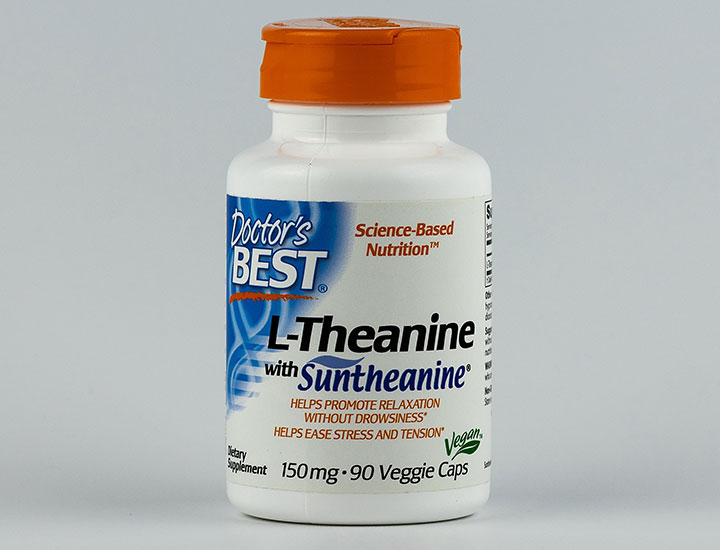
What do each of these supplements do to promote sleep, though? Dr. Gladd breaks it down for us: "GABA, an inhibitory neurotransmitter, works by decreasing activity in the central nervous system, helping to promote a sense of calm and relaxation that can aid sleep. L-theanine, a naturally occurring amino acid most often derived from tea leaves, may promote mental relaxation."
Dr Gladd adds, "Since stress and overstimulation are often central to sleep issues, L-theanine is a common go-to for my patients with difficulty falling asleep. As an added benefit, it tends to be effective without the drowsiness or sedative effects often brought on by other sleep aids." You can read more about the benefits of L-theanine here.
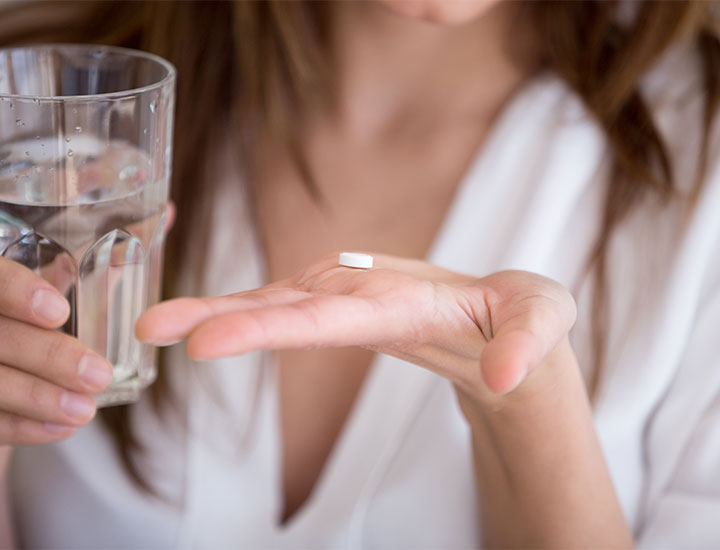
Risks Of Melatonin
Dr. Gladd also briefly discussed the "naturally occurring hormone" and more popular sleep supplement: melatonin. Dr. Gladd says, "It’s important to note that the Centers for Disease Control and Prevention (CDC) have noted in a June 2022 report a dramatic increase in reports of accidental pediatric ingestion of melatonin to poison control centers since 2012. While melatonin is generally safe, consumers should use caution and keep products containing it out of reach from children."
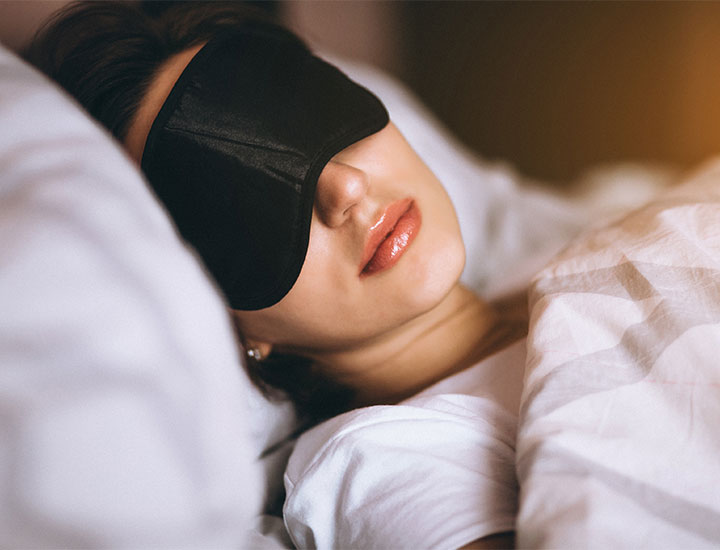
The Bottom Line
Ultimately, in addition to taking supplements, sticking to a good sleep schedule and maintaining healthy bedtime habits is the best way to ensure you're getting enough high-quality sleep.
"Developing optimal sleep hygiene is essential to getting a good night’s rest," Dr. Gladd tells us. As for his personal tips on how to sleep better, he recommends "staying consistent with your sleep schedule by preparing and going to bed at a consistent time each night." He also suggests sleeping in a cool, dark, and quiet room, avoiding beverages or foods that contain caffeine after lunchtime, and minimizing blue light exposure from smartphones, TVs, and other devices before bed. Instead of caffeinated beverages, try this one drink to wake up feeling rested. But when in doubt, trying out supplements like GABA and L-Theanine could be a promising solution.



